Leader in Women’s Health Unveils Data Underscoring Its Commitment to Reducing Bias in Breast Cancer Detection
Hologic Presents New Research Demonstrating How Its Breast Imaging AI Solution Performs Similarly Across Diverse Populations
Media Contact
Bridget Perry
Senior Director, Corporate Communications
(+1) 508.263.8654
bridget.perry@hologic.com
Investor Contact
Ryan Simon
Vice President, Investor Relations
(+1) 858.410.8514
ryan.simon@hologic.com
Hologic, Inc. (Nasdaq: HOLX) yesterday presented new r
esearch demonstrating the performance of its Genius AI® Detection 2.0 software across diverse patient populations at the 110th Scientific Assembly and Annual Meeting of the Radiological Society of North America (RSNA).
This press release features multimedia. View the full release here: https://www.businesswire.com/news/home/20241202326112/en/

GAI 2.0 (Graphic: Business Wire)
Artificial intelligence (AI) is increasingly used to aid in the diagnosis of breast cancer, as well as in predicting a patient’s risk level and breast density. The creation of AI algorithms starts with the collection of large, high-quality databases of patient information and images, which are used to develop, train and test the algorithms. It’s important that these databases reflect the diversity of racial and ethnic groups in the population across different regions of the United States, so the developed algorithms minimize any inherent biases that create disparities for any specific patient groups.
“Clinicians across the United States have been leveraging AI solutions in breast cancer screening for many years to drive both clinical and efficiency improvements; however, it’s widely understood that AI algorithms can exhibit racial disparities in a variety of applications,” said Sarah M. Friedewald, MD, Vice Chair for Women’s Imaging, Department of Radiology, Northwestern Feinberg School of Medicine. “This research was a critical step in increasing clinical confidence in this particular AI solution’s ability to deliver results that are not materially impacted by racial bias.”
The research, titled “Performance of a Digital Breast Tomosynthesis AI Detection Algorithm in Common U.S. Racial/Ethnic Groups,” evaluated the performance of Hologic’s Genius AI Detection 2.0 solution in more than 7,500 digital breast tomosynthesis (DBT) cases from women who identified as Asian, Black, Hispanic or white. Researchers found that the measured performance of the algorithm was similar across all evaluated cohorts.1
“We know that significant racial disparities exist in breast cancer screening and treatment; for example, studies have shown that alarmingly, Black women in the U.S. have a 40% higher death rate2 from breast cancer compared with white women,” said Erik Anderson, President, Breast and Skeletal Health Solutions, Hologic. “As a leader in women’s health, we are deeply committed to providing clinicians with effective, equitable solutions to advance the detection of breast cancer globally. A key part of that is ensuring that our customers can rely on our technology to perform effectively for all patients regardless of race, ethnicity or background.”
Further demonstrating its leadership in breast imaging AI, Hologic is also introducing its next-generation Genius AI Detection PRO solution for use in the United States. This advanced cancer screening technology expands on Hologic’s Genius AI Detection 2.0 solution by providing even greater accuracy and efficiency,3 giving radiologists more confidence and helping to reduce false positives.4 This new AI assistant provides:
- A deep-learning 2D and 3D algorithm that improves specificity by using a patient’s prior exam in the current exam’s analysis.
- Intuitive 1-10 case and lesion scoring and pre-populated exam reports designed to accelerate image review and save radiologists’ valuable time.
- An all-in-one interface that conveniently includes deep-learning breast density scoring along with key patient and mammogram quality information, designed to support radiologists at every step of the reading workflow.
To learn more about Hologic’s presence at RSNA 2024, please visit Hologic.com/RSNA.
About Hologic, Inc.
Hologic, Inc. is a global leader in women’s health dedicated to developing innovative medical technologies that effectively detect, diagnosis and treat health conditions and raise the standard of care around the world. To learn more, visit www.hologic.com and connect with us on LinkedIn, Facebook, X (Twitter), Instagram and YouTube.
Forward-Looking Statements
This news release may contain forward-looking information that involves risks and uncertainties, including statements about the use of Hologic products. There can be no assurance these products will achieve the benefits described herein or that such benefits will be replicated in any particular manner with respect to an individual patient, as the actual effect of the use of the products can only be determined on a case-by-case basis. In addition, there can be no assurance that these products will be commercially successful or achieve any expected level of sales. Hologic expressly disclaims any obligation or undertaking to release publicly any updates or revisions to any such statements presented herein to reflect any change in expectations or any change in events, conditions or circumstances on which any such data or statements are based.
Hologic, The Science of Sure and Genius AI are trademarks and/or registered trademarks of Hologic, Inc., and/or its subsidiaries in the United States and/or other countries. Dr. Sarah M. Friedewald is a paid Hologic consultant. Views and opinions expressed herein by third parties are theirs alone and do not necessarily reflect those of Hologic.
References
1 S. M. Friedewald, et. al. (2024) Performance of a digital breast tomosynthesis AI detection algorithm in common US racial/ethnic groups.
2 Giaquinto, A.N., Sung, H., Miller, K.D., Kramer, J.L., Newman, L.A., Minihan, A., Jemal, A. and Siegel, R.L. (2022), Breast Cancer Statistics, 2022. CA A Cancer J Clin, 72: 524-541. https://doi.org/10.3322/caac.21754.
3 S. Pacilè, et al. (2024). Evaluation of a multi-instant multi-modal AI system supporting interpretive and noninterpretive functions. Accepted for publication in the Journal of Breast Imaging, https://doi.org/10.1093/jbi/wbae062.
4 K240301 510(k) summary distributed by Hologic, Inc.
SOURCE: Hologic, Inc.
View source version on businesswire.com: https://www.businesswire.com/news/home/20241202326112/en/

 Business wire
Business wire 


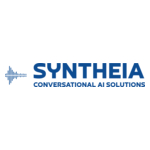
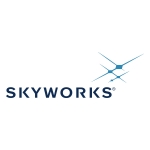
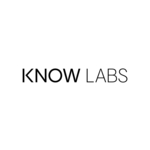
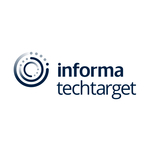


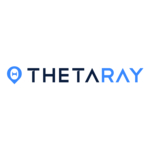

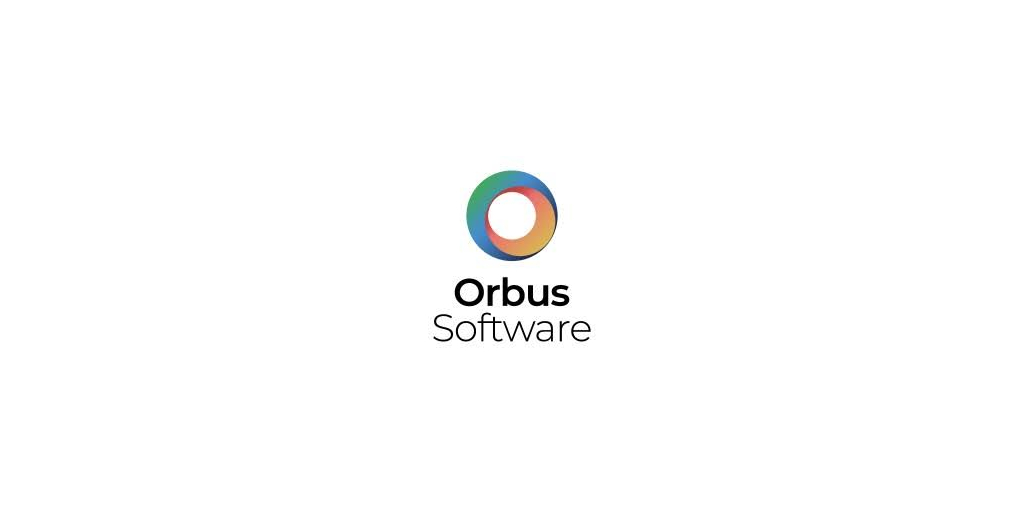
Add Comment